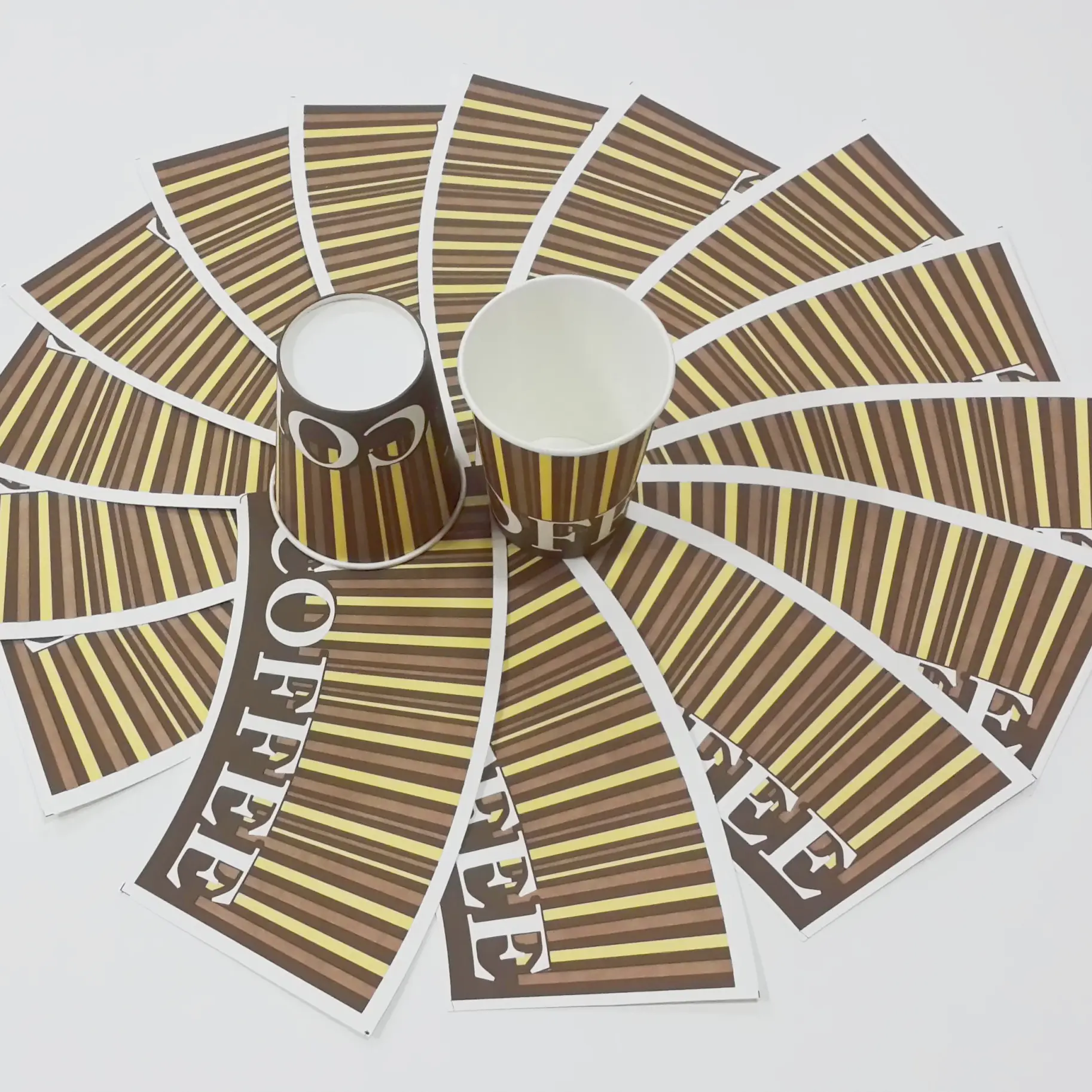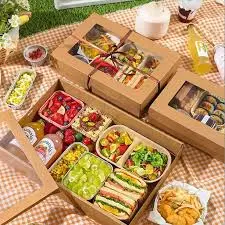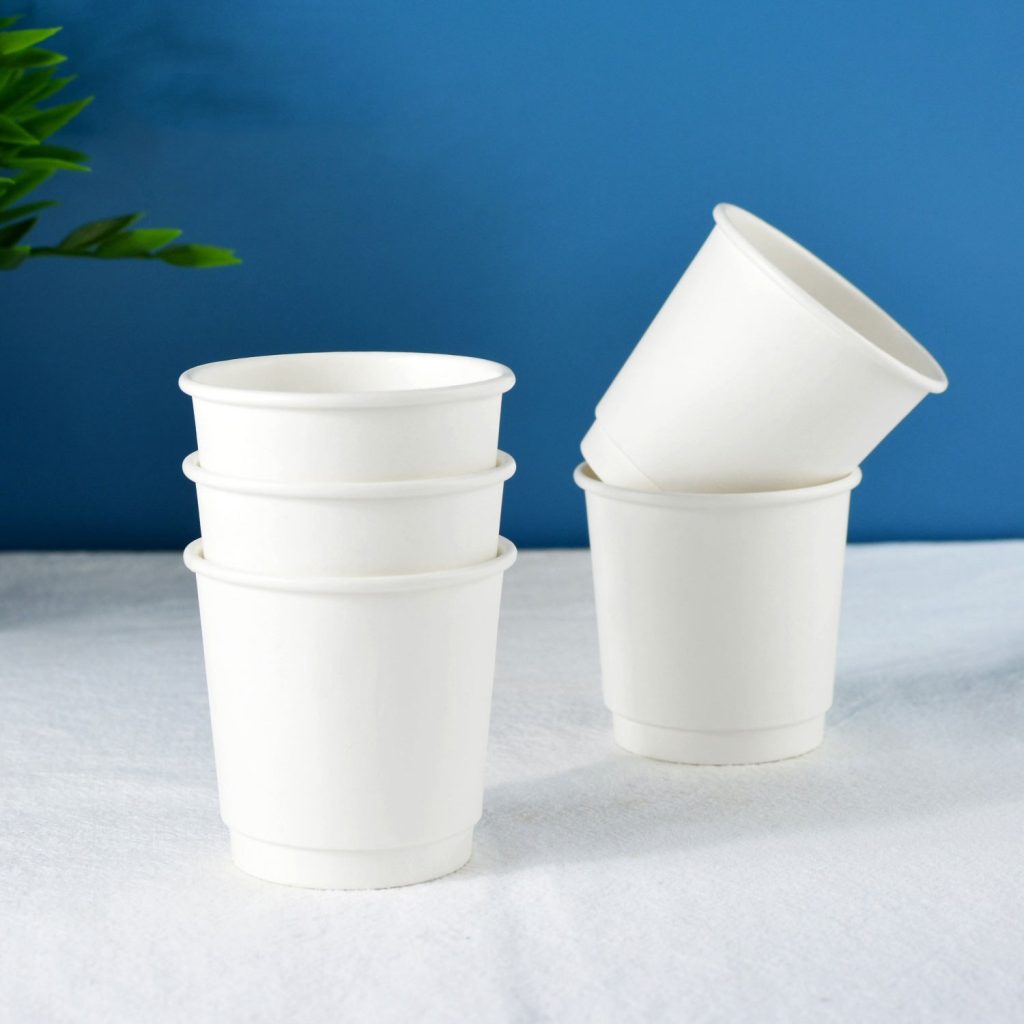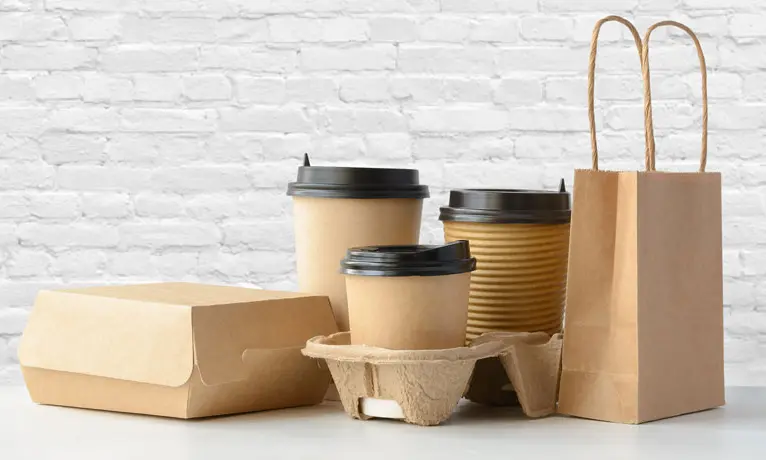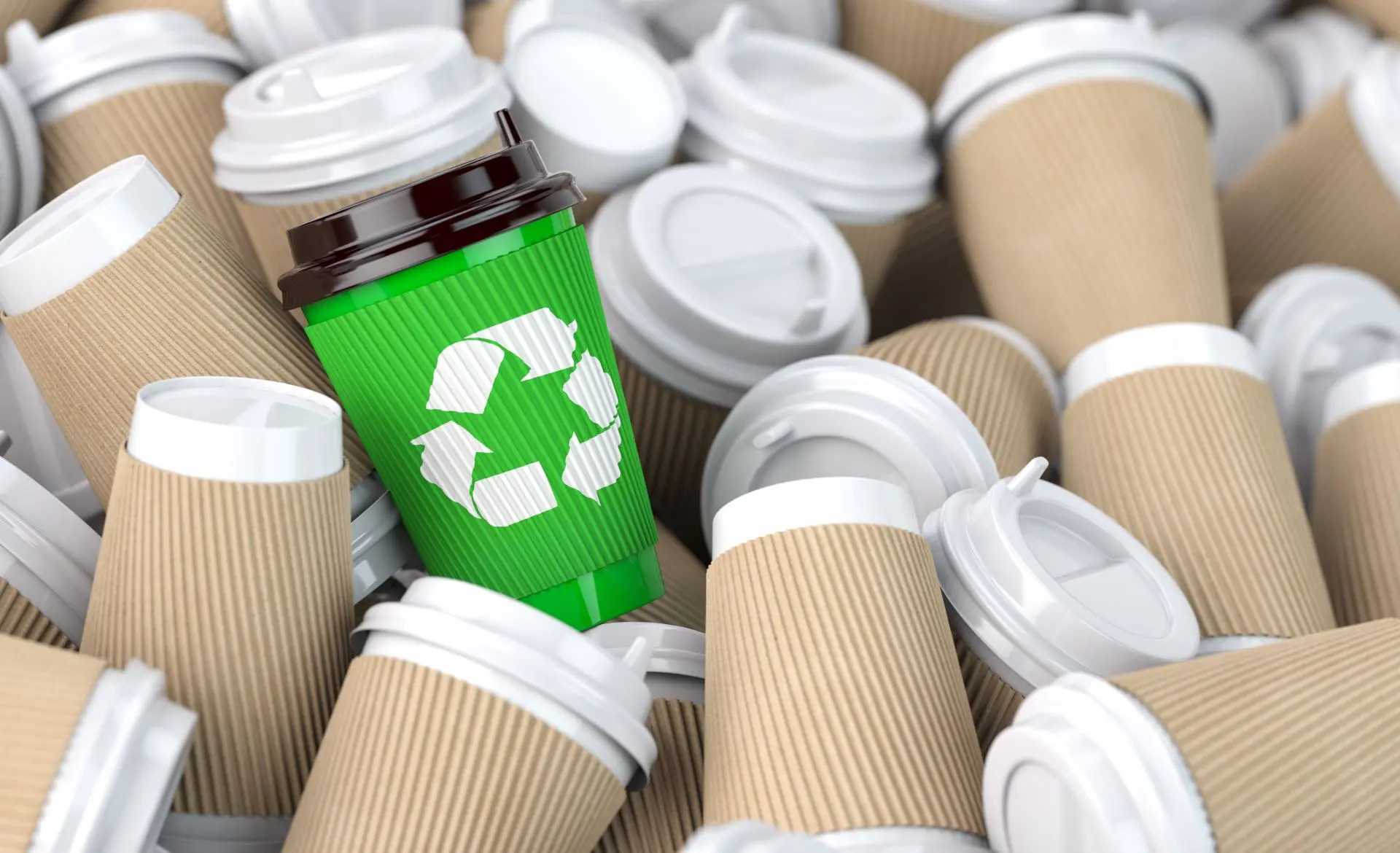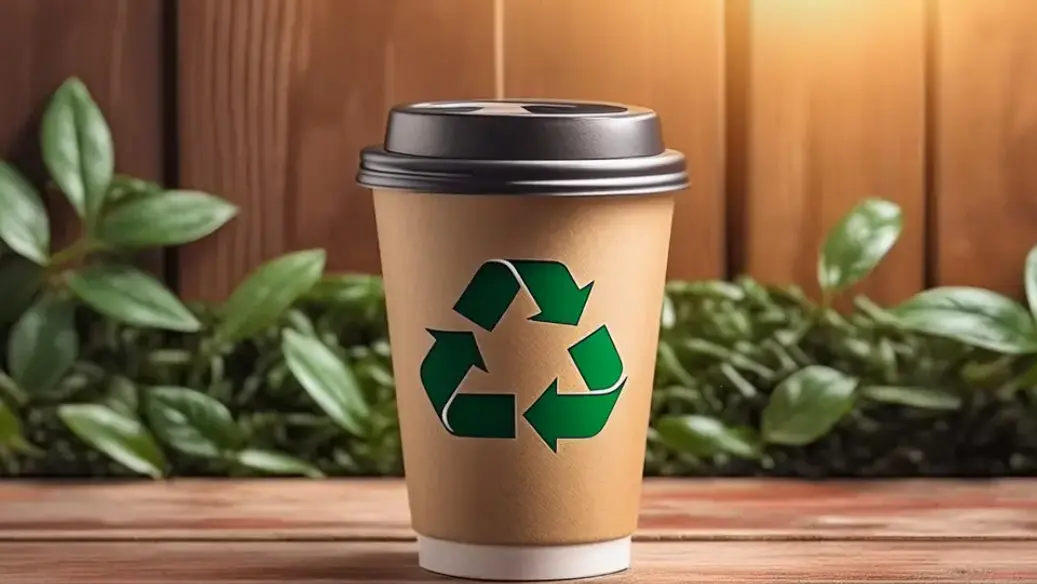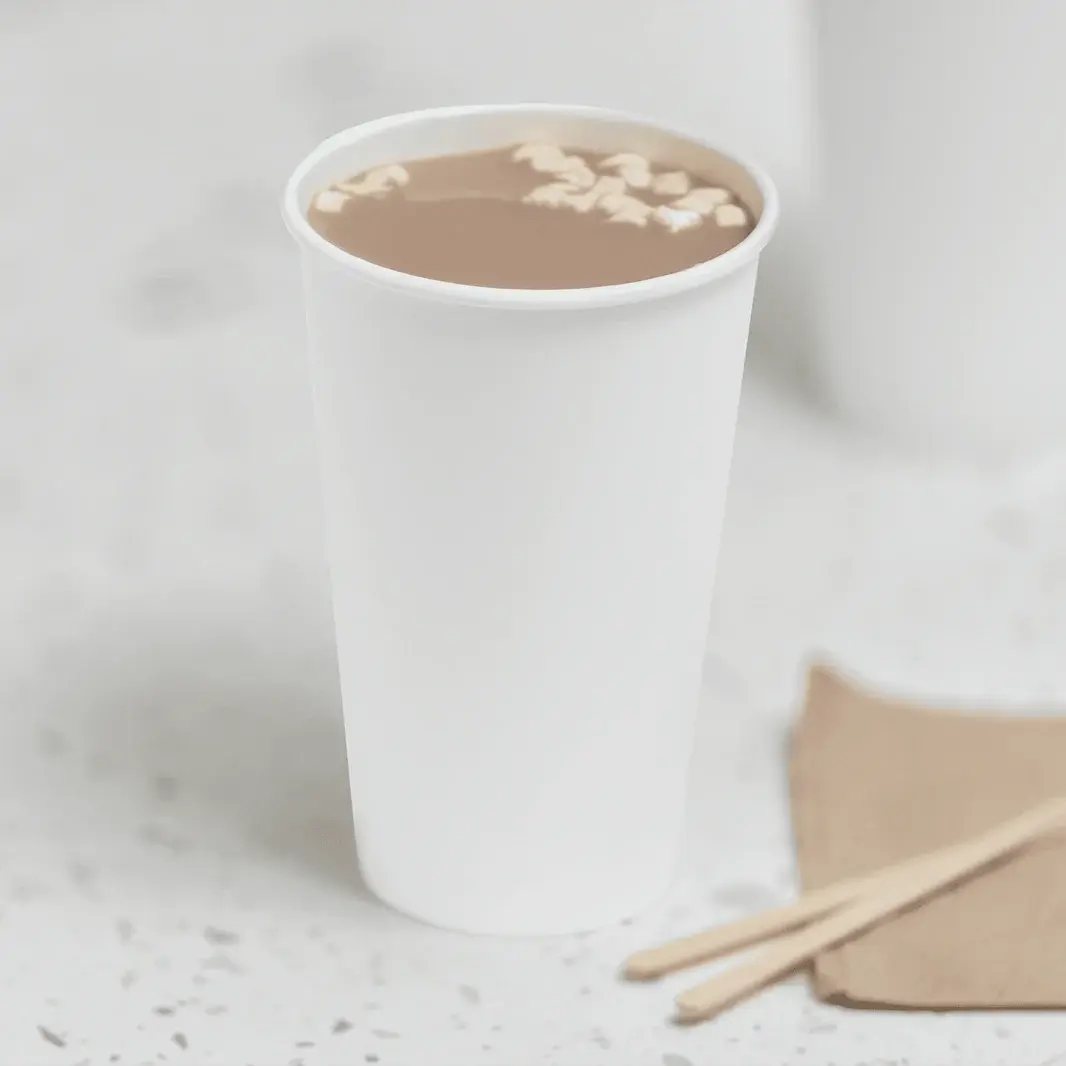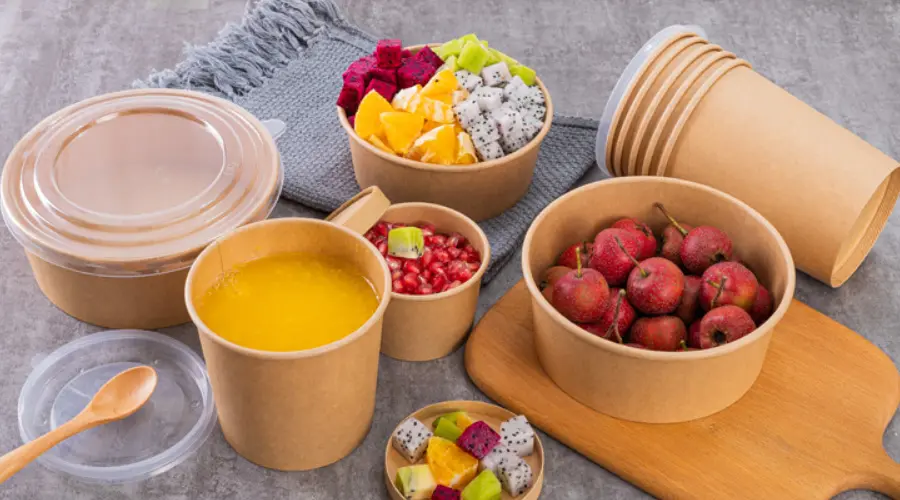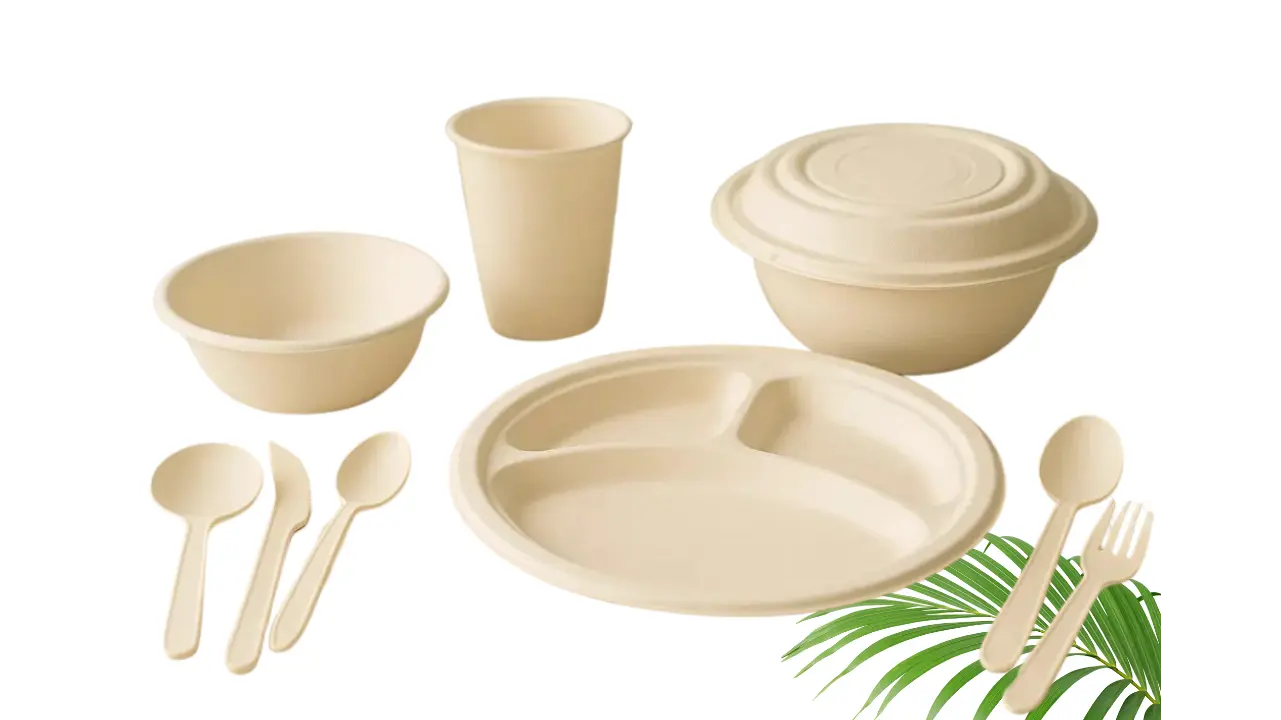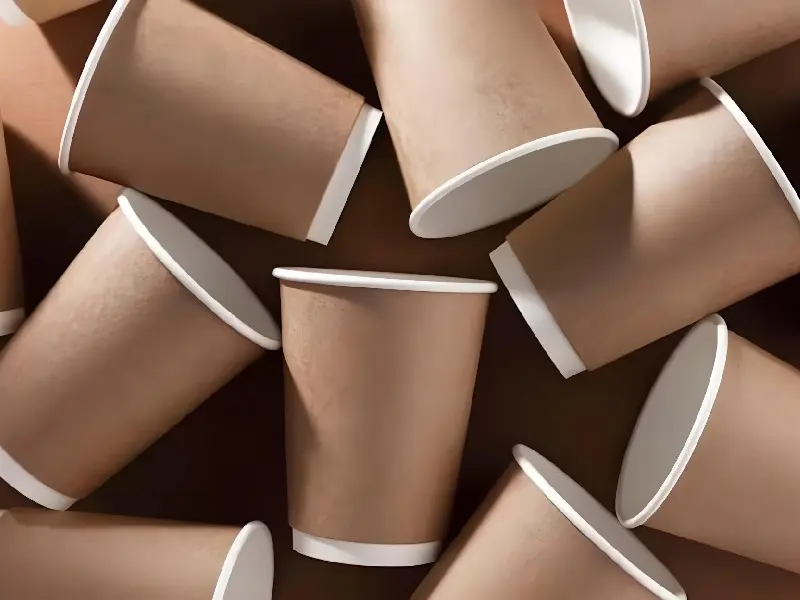Ranking the Top 10 Paper Cup Brands for 2025

The 2025 ranking highlights the leading Paper Cup brands recognized for excellence. Brands earn their positions based on critical industry criteria:
- FSC certification for responsible sourcing
- Compostability standards
- Food safety compliance
- Plastic-free labeling
These factors reflect current market expectations for quality and sustainability.
Key Takeaways
- Top paper cup brands lead by using eco-friendly materials, such as biodegradable coatings and recycled fibers, to meet growing sustainability demands.
- Innovation drives the industry with new designs, plant-based coatings, and smart packaging that improve performance and reduce environmental impact.
- Choosing the right brand means balancing quality, customization options, global availability, and budget while ensuring certifications and clear disposal instructions.
Paper Cup Ranking Criteria

Sustainability
Sustainability stands as a core ranking factor for leading brands. Companies now use ESG (Environmental, Social, and Governance) criteria to measure their impact. This approach covers responsible sourcing, ethical supply chains, and transparent governance. Brands also focus on product-level sustainability, including compostable coatings, recycled content, and clear labeling for proper disposal. The table below highlights key sustainability metrics:
| Sustainability Metric / Aspect | Description / Examples |
|---|---|
| Coating Types | PLA, wax, water-based, and bio-lacquer coatings improve recyclability and compostability |
| Recycled Content | Higher percentages of post-consumer recycled paper in cup materials |
| Carbon Footprint Reduction | Cups with lower carbon footprints, such as next-generation designs |
| Recyclability and Compostability | Enhanced barrier coatings for easier recycling |
| Closed-loop Recycling Systems | Partnerships with recycling firms to expand collection and recycling programs |
| Transparency and Labeling | Clear instructions for consumers on disposal and recycling |
| ESG Criteria Integration | Focus on corporate sustainability, ethical supply chains, and stakeholder engagement |
Product Quality
Top brands measure product quality by integrating sustainability, supply-chain transparency, and regulatory compliance. They use vendor scorecards to assess suppliers and invest in R&D for advanced coatings and automation. Companies like Huhtamaki and Dart Container maintain high standards through global supply networks and innovation. Quality also includes design richness and the use of compostable components.
- Brands adopt new barrier coatings to meet food safety and environmental regulations.
- Specialty firms offer patented coatings and closed-loop service bundles.
- Market leaders emphasize multi-continent supply networks for consistent quality.
Innovation
Innovation drives the evolution of the paper cup industry. Brands introduce biodegradable materials, plant-based coatings, and compostable designs. Regulatory changes, such as the EU Single-Use Plastics Directive, push companies to adopt sustainable solutions. Customization and convenience also play a role, with brands offering personalized cup designs for better consumer engagement.
| Innovation Category | Description and Impact |
|---|---|
| Biodegradable Materials | Use of renewable wood pulp and molded fiber to reduce plastic reliance |
| Biodegradable Coatings | Water-based, plant-based, and algae-derived coatings enhance compostability |
| Compostable and Recyclable Cups | Products decompose into nutrient-rich compost, meeting consumer and regulatory demands |
| Customization and Convenience | Personalized designs improve brand visibility and user experience |
| Industry Collaborations | Partnerships with recycling facilities and government funding support R&D |
Market Presence
Market presence reflects a brand’s reach and influence. Asia Pacific leads with the largest market share, followed by Europe and North America. Major brands operate across multiple continents, serving diverse markets and adapting to regional regulations. The chart below shows the global market presence of top brands:
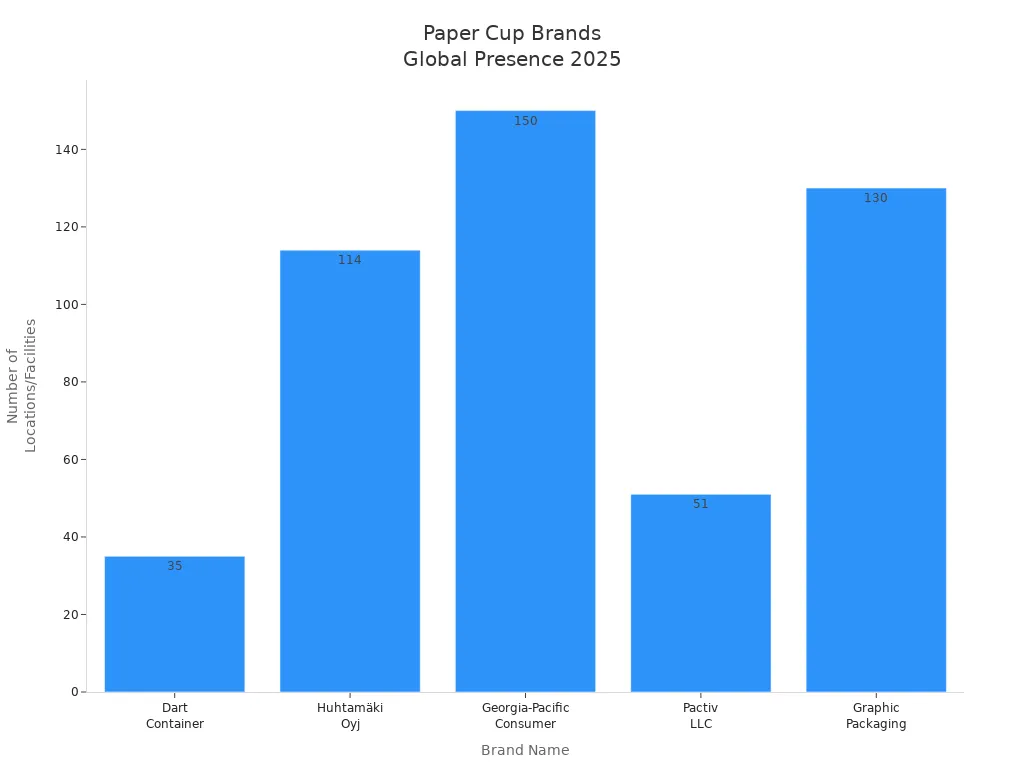
Note: The global paper cup market is projected to reach $30.2 billion in 2025, reflecting strong demand and growth worldwide.
Top 10 Paper Cup Brands for 2025

Huhtamäki Oyj Paper Cup Profile
Huhtamäki Oyj stands out as a global leader in sustainable packaging solutions. The company has introduced recyclable single coated paper cups, known as ProDairy, which target the yogurt and dairy market. These cups contain less than 10% plastic, yet maintain high moisture barrier and sealing standards. Huhtamäki sources paperboard from renewable wood fibers, ensuring responsible forest management. The company also collaborates with Stora Enso to operate The Cup Collective, a large-scale recycling program in Europe. This initiative builds infrastructure for collecting and recycling used cups, supporting the EU’s recycling targets and promoting a circular economy. Huhtamäki’s commitment to innovation and sustainability keeps it at the forefront of the paper cup industry.
Dart Container Corporation Paper Cup Profile
Dart Container Corporation holds a top-tier position in the global market, recognized as a Tier 1 vendor and one of the top three players with a combined 18% market share. Dart leads in the cold waxed paper cup segment and continues to innovate with sustainable solutions. The company’s product line includes molded fiber items certified as home compostable by TÜV Austria, made from at least 96% renewable resources and free from PFAS. Dart’s offerings range from dinnerware and trays to hot and Cold Cups with improved insulation and comfort. The company has also adopted Dry Molded Fiber technology, which reduces water and energy use and lowers CO2 emissions by up to 80%. Dart’s focus on smart packaging, such as QR-based authentication, and its expansion of sustainable production facilities reinforce its leadership in the paper cup market.
| Category | Market Share (%) |
|---|---|
| Top 3 Players (including Dart Container Corporation) | 18% |
Ancheng Paper Cup Profile
Ancheng Paper Cup emphasizes both quality and environmental responsibility. The company holds several key certifications, including FDA, BRC, ISO9001, SEDEX, and BSCI, which demonstrate its commitment to safety and ethical practices. Under the Eco-Ancheng brand, Ancheng prioritizes sustainable materials such as bamboo and FSC-certified birch wood. These materials decompose naturally, reducing plastic waste and environmental impact. Ancheng integrates advanced technologies like AI, IoT, and blockchain to enhance traceability and quality control. The company’s approach supports green living and sustainable dining, making it a trusted name in the paper cup sector.
- FDA, BRC, ISO9001, SEDEX, and BSCI certified
- Uses bamboo and FSC-certified birch wood
- Employs biodegradable and compostable materials
- Implements AI, IoT, and blockchain for supply chain transparency
WestRock Paper Cup Profile
WestRock Company ranks among the dominant players in the global paper cup market. The company’s products use uncoated, unbleached virgin fiber from renewable resources, giving them a natural look while meeting strict food safety standards. WestRock’s cups offer reliable strength and rigidity for both hot and cold beverages. The company engineers its cups for consistent forming, edge-wicking, and liquid holdout, which helps prevent leaks and cracks. WestRock produces its cups in ISO 9001 certified facilities and includes up to 15% post-consumer recycled fiber in some options. The company’s advanced manufacturing systems ensure efficiency and quality, supporting sustainability goals and enhancing the consumer experience.
- Uses renewable, unbleached virgin fiber
- Meets international food safety standards
- Includes post-consumer recycled fiber in select products
- Focuses on manufacturing efficiency and sustainability
Solo Cup Company Paper Cup Profile
Solo Cup Company remains a household name in the disposable cup industry. The brand is known for its iconic red cups, but it also offers a wide range of paper cup options for both hot and cold beverages. Solo focuses on durability, leak resistance, and user-friendly designs. The company invests in research and development to improve cup performance and sustainability. Solo’s products are widely available in retail and food service channels, making them a popular choice for events, restaurants, and everyday use.
Dixie Consumer Products Paper Cup Profile
Dixie Consumer Products demonstrates a strong commitment to sustainability and responsible sourcing. The company uses wood certified by the Sustainable Forestry Initiative and ensures that at least 80% of its cups come from renewable plant-based materials. Dixie avoids polystyrene foam and maximizes resource use by utilizing wood chips and pulping residuals for energy. The company supports local forestry stewardship and promotes composting to reduce waste. Dixie’s plates and bowls, and likely its cups, carry compostability certifications such as OK compost HOME and BPI, making them suitable for backyard and commercial composting.
| Sustainability Practice | Description |
|---|---|
| Responsible sourcing | Wood certified by the Sustainable Forestry Initiative® |
| Renewable materials | At least 80% renewable plant-based materials |
| No polystyrene foam | Avoids harmful plastics |
| Efficient resource use | Utilizes wood chips and pulping residuals for energy |
| Support for U.S. private and family forests | Sources wood from local landowners |
| Compostability certifications | OK compost HOME and BPI certifications |
| Composting promotion | Encourages composting to reduce waste |
| Regional compostability variations | Labels vary by state, with stricter requirements in California |
International Paper Company Paper Cup Profile
International Paper Company stands as a major force in the global paper cup market. The company leverages its extensive experience in paper and packaging to deliver high-quality, food-safe cups. International Paper focuses on responsible sourcing, using fiber from sustainably managed forests. The company invests in innovation to improve cup performance and reduce environmental impact. Its broad distribution network ensures reliable supply to customers worldwide.
Benders Paper Cup Company Profile
Benders Paper Cup Company leads in sustainability and traceability. The company manufactures cups using paperboard from PEFC and FSC accredited forests, ensuring responsible sourcing. Benders complies with European Timber Regulations and offers full traceability from forest to cup. The Elementi cup range features biopolymer coatings from renewable sources and is certified for commercial composting. As a founding member of the Paper Cup Recovery & Recycle Group, Benders actively advances industry sustainability initiatives. The company’s PEFC Chain of Custody certification guarantees that all materials come from sustainably managed forests.
Genpak Paper Cup Profile
Genpak addresses the diverse needs of food service operators with its Harvest® Fiber paper cups. The company offers custom printing, allowing businesses to showcase logos and brand messages. Harvest® Fiber cups are eco-friendly, microwave-safe, and made from renewable fibers. Genpak provides embossment options for branding and offers a variety of shapes, sizes, and colors through its Clover™ and ProView™ lines. The company supports low minimum order quantities, making customization accessible for businesses of all sizes. Optional vented lids help maintain meal freshness and temperature, enhancing the overall customer experience.
- Custom printing and embossment options
- Eco-friendly, microwave-safe, and renewable fiber construction
- Wide range of sizes, shapes, and colors
- Low minimum order quantities for customization
Valupap (Valu Paper) Paper Cup Profile
Valupap (Valu Paper) stands out for its commitment to sustainability and quality in paper cup production. The company promotes water-based coated paper cups as an eco-friendly alternative to traditional plastic-lined options. By reducing plastic usage and employing water-based coatings, Valupap supports a plastic-free approach in the industry. The company’s dedication to environmental care and product excellence positions it as a forward-thinking choice for businesses seeking sustainable solutions.
Valupap’s focus on innovation and environmental responsibility helps set new standards for the paper cup market in 2025.
Paper Cup Brand Comparison Summary
Key Differences
The top paper cup brands display distinct approaches to sustainability and innovation. The following table highlights how leading companies differentiate themselves:
| Brand | Sustainability Focus | Innovation Highlights | Market/Operational Focus |
|---|---|---|---|
| Huhtamaki | Plant-based coatings, recyclable and biodegradable | Advanced materials, custom branding | Global beverage and restaurant supply |
| Dart Container | Recyclable, biodegradable options, operational focus | Insulation, leak reduction technology | Quick-service restaurants, retailers |
| Ancheng | Bamboo, FSC-certified birch wood, compostable | AI, IoT, blockchain for traceability | Green living, supply chain transparency |
| WestRock | Renewable fiber, recycled content | Manufacturing efficiency, leak prevention | Hot and cold beverage markets |
| Solo Cup | Durable, leak-resistant, user-friendly designs | R&D for performance and sustainability | Retail and food service channels |
| Dixie | Renewable materials, compostability certifications | Resource efficiency, composting promotion | U.S. forestry stewardship |
| International Paper | Responsible sourcing, food safety | Performance improvement, environmental impact | Global distribution network |
| Benders | PEFC/FSC forests, traceability | Biopolymer coatings, compostable cups | European sustainability initiatives |
| Genpak | Renewable fibers, eco-friendly options | Custom printing, embossment, vented lids | Food service customization |
| Valupap | Water-based coatings, plastic-free focus | Eco-friendly innovation, product excellence | Sustainable solutions for businesses |
Brands invest in R&D to meet environmental regulations and consumer expectations. Some focus on advanced insulation and leak reduction, while others prioritize custom printing and branding.
Strengths Overview
Each brand brings unique strengths to the paper cup market. Huhtamaki leads in global sustainability initiatives and advanced materials. Dart Container excels in large-scale supply and innovative insulation. Ancheng integrates technology for supply chain transparency. WestRock and Dixie emphasize renewable resources and compostability. Solo Cup and Genpak offer strong customization and user-friendly designs. Benders stands out for traceability and biopolymer coatings. International Paper delivers reliable quality through responsible sourcing. Valupap sets new standards with water-based coatings and a plastic-free approach.
The industry continues to grow, driven by demand for biodegradable and compostable products. Companies balance eco-friendly materials with innovative design to meet evolving market needs. The global push for sustainable packaging encourages brands to develop recyclable and compostable cups, enhancing both functionality and consumer engagement.
How to Choose the Right Paper Cup Brand
Eco-Friendly Options
Selecting an eco-friendly paper cup brand involves several important considerations. Buyers should look for materials such as bagasse pulp or PLA coatings, which break down in composting environments. Certifications like ASTM D6400 or EN 13432 confirm genuine biodegradability and food safety. Water and oil resistance ensures the cup performs well with hot and cold drinks. Brands that use water-based coatings help reduce plastic waste and support recycling efforts. Supply chain stability and supplier credibility also matter, as they prevent shortages and maintain consistent quality. Pricing must balance environmental performance with cost-effectiveness. Coordinated waste management strategies, including composting or recycling, maximize sustainability benefits.
Tip: Always check for clear disposal instructions and certifications to ensure the product meets local environmental regulations.
Customization Needs
Customization options vary widely among top brands. Customers can choose from single wall, double wall, or insulated cups to suit different beverages. Printing methods include digital for small orders, offset for high-quality large runs, and flexographic for cost-effective bulk printing. Design elements range from artwork and colors to QR codes and seasonal themes. Brands offer features like dome sip lids, flat tear-back lids, and custom sleeves for added functionality. Material choices focus on recyclable and biodegradable options, with eco-friendly inks gaining popularity. Minimum order quantities depend on the printing method and color count, making customization accessible for both small and large businesses.
Global Availability
Global availability remains a key factor when choosing a paper cup brand. Leading companies maintain supply networks across continents, ensuring reliable delivery and compliance with regional regulations. Buyers should verify that the brand can meet their volume requirements and provide consistent quality in different markets. International certifications and partnerships with recycling facilities support global sustainability goals.
Budget Considerations
Budget plays a significant role in brand selection. Buyers should compare pricing structures, considering bulk purchasing strategies to reduce costs. Larger orders often result in lower unit prices, supporting scalability for growing businesses. Brands balance sustainability with affordability, offering options that meet both environmental and financial needs. Supplier transparency and certification help avoid low-quality products and ensure long-term value.
- Leading brands deliver standout features in quality, sustainability, and innovation.
- Companies invest in eco-friendly materials and advanced manufacturing.
- Industry experts expect strong growth and new technologies in 2025.
Sustainability and innovation remain essential for future success.
FAQ
What certifications should buyers look for in paper cup brands?
Buyers should check for FSC, PEFC, BPI, and compostability certifications. These labels confirm responsible sourcing and environmental compliance.
How do water-based coatings benefit paper cups?
Water-based coatings reduce plastic use. They improve recyclability and compostability. Brands like Valupap lead in adopting this eco-friendly technology.
Can businesses customize paper cups with their own branding?
Most leading brands offer custom printing. Businesses can add logos, colors, and messages to enhance brand visibility and customer engagement.

